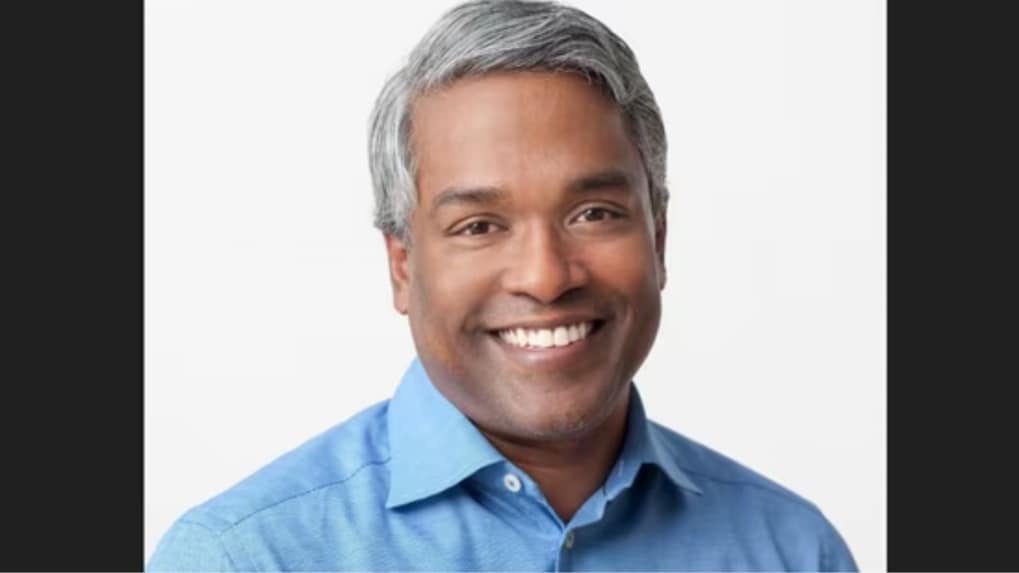Google Cloud CEO Thomas Kurian says AI will expand tech roles, not replace them
Kurian said AI should be viewed as an enabler rather than a threat, helping employees achieve more rather than making them redundant.
ADVERTISEMENT
Google Cloud CEO Thomas Kurian has sought to calm growing concerns about artificial intelligence replacing human workers, arguing instead that the technology will create new opportunities and enhance productivity across the tech industry.
In an interview with Big Technology, Kurian said AI should be viewed as an enabler rather than a threat, helping employees achieve more rather than making them redundant.
Read More: Google Cloud India and TechBharat unveil India’s first AI Centre of Excellence
Kurian said he thinks there is a middle ground, pushing back against fears of widespread automation, and that AI’s purpose is to enhance human capabilities, not to replace people outright.
Kurian pointed to Google’s Customer Engagement Suite, launched last year, as an example of how AI can augment rather than eliminate roles. The suite includes a range of AI-powered tools that help companies handle customer service operations more efficiently.
According to Kurian, initial client concerns that automation might lead to layoffs have proven unfounded. He said that almost none of their clients have let anyone go. Instead, AI systems are managing smaller, previously neglected tasks — such as routine customer queries — allowing human agents to focus on more complex and valuable interactions.
He noted that the result has been a boost in productivity and service quality, rather than job losses.
Kurian’s optimism echoes the views of Google CEO Sundar Pichai, who recently shared data showing a measurable rise in efficiency among Google’s engineering teams.
Speaking on the Lex Fridman Podcast in June, Pichai revealed that AI tools have driven a 10 per cent increase in engineering productivity, measured by additional hours of engineering capacity enabled by AI assistance.
Rather than scaling back hiring, Pichai said Google plans to bring on more engineers, arguing that “the opportunity space of what we can do is expanding.” AI, he added, is helping reduce repetitive work and enabling staff to concentrate on creative and strategic projects.
During Alphabet’s latest earnings call, Pichai also revealed that AI now contributes to more than 30 per cent of new code written at Google, up from 25 per cent in October.
Both executives suggest this growing integration of AI points not towards job displacement, but towards a future of collaboration between humans and intelligent systems, driving innovation across the technology sector.

